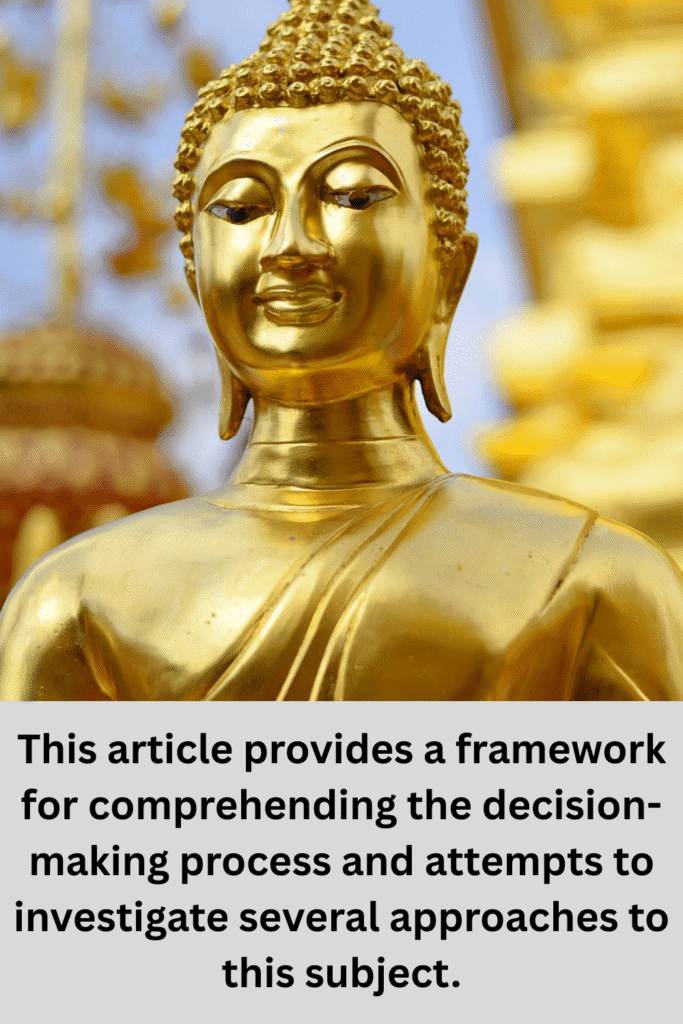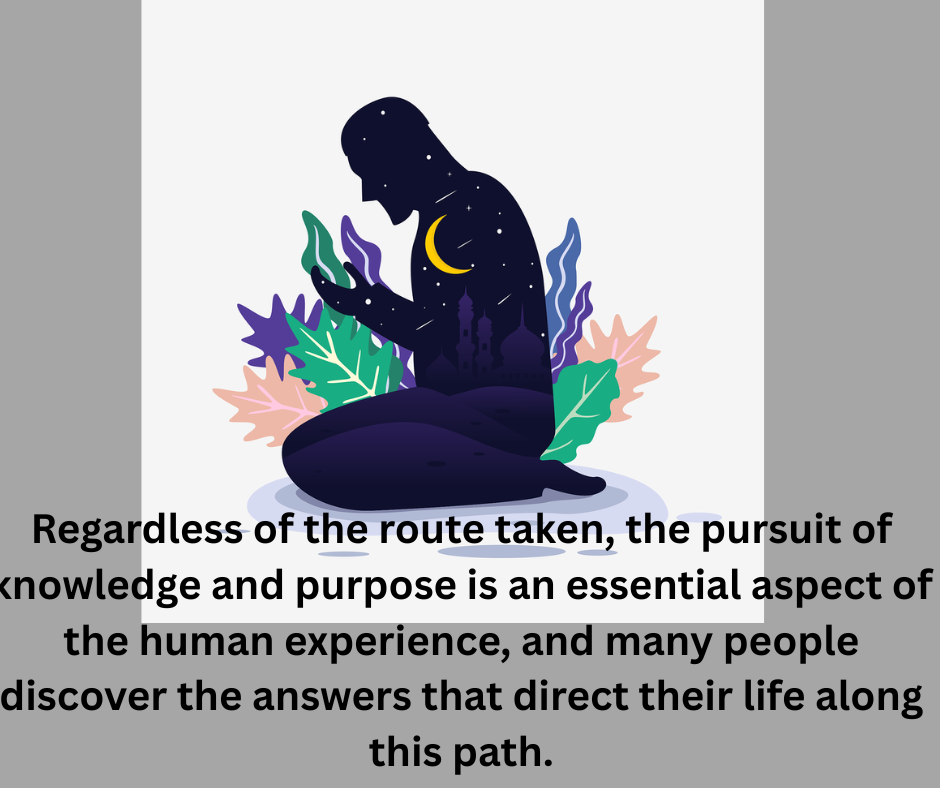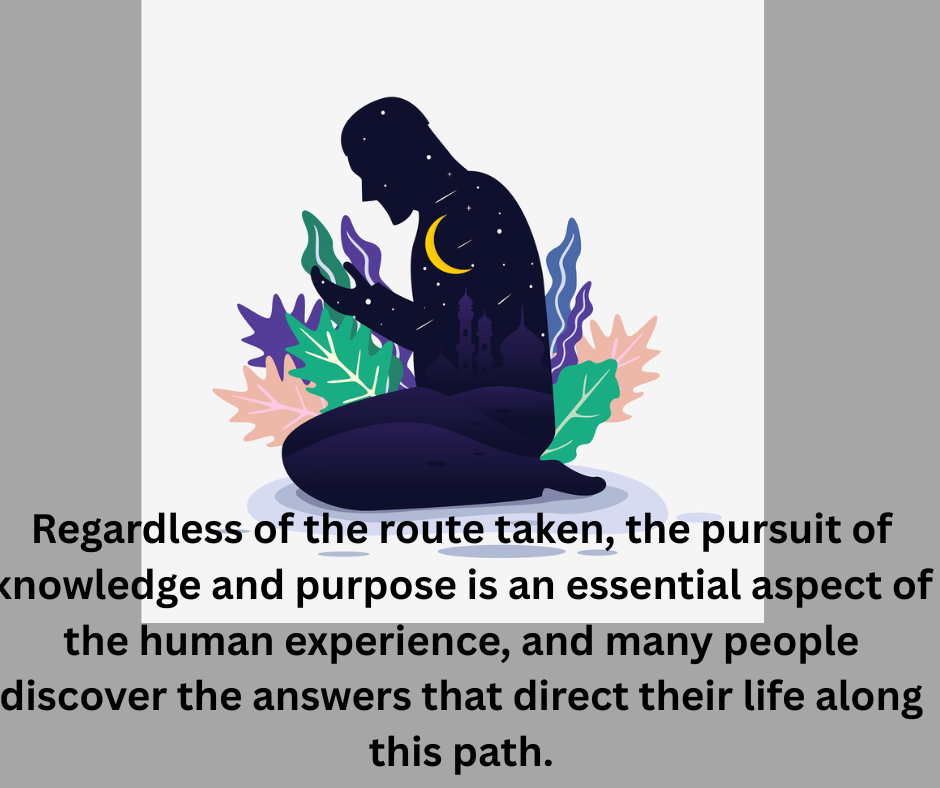One of the most important and most personal inquiries anyone may have is Which Religion is Right. Religion has been crucial in forming cultures, delivering moral guidance, and providing solutions to life’s existential issues throughout human history. However, people may find it challenging to identify which religion, if any, has the “right” answers due to the multitude of religions found throughout the world, each with its own doctrines, customs, and teachings. This article provides a framework for comprehending the decision-making process and attempts to investigate several approaches to this subject.

Table of Contents
The Complexity of the Question
A person’s identity, community, culture, and life experiences are all intricately entwined with their religious views, which are frequently more than just theoretical. Religious definitions of “right” frequently touch on issues such as the nature of truth, the existence of a higher force, the meaning of life, and what occurs after death. This subject may be more of a matter of tradition and personal conviction for those who were born into a certain faith than it is of logical study. Which Religion is Right, Choosing the “right” religion can be a daunting task for people who are unsure or investigating alternative options.
In addition, many faiths assert that they are the sole right way to live and frequently portray themselves as the ultimate truth. According to Christian doctrine, salvation is only possible via faith in Jesus Christ. Islam places a strong emphasis on the Quran’s finality and Muhammad’s status as God’s ultimate messenger. There are several routes to spiritual emancipation in Buddhism and Hinduism. How can someone sort through so many conflicting claims and reach a decision in light of these differences?
Understanding the Nature of Religion
Prior to delving into the debate over which religion is “right,” it’s critical to acknowledge the significance of religion in human society. Religion is a way of life, a set of moral principles, a system of rituals, and a way to connect with the divine or ultimate truth. It is not just about belief systems. The following basic questions are addressed by each religion: What is the nature of God or gods? What is life’s purpose? What happens when we die, and how should we live?
Knowing this makes it evident that choosing the “right” religion takes more than just agreeing with a specific set of teachings; it also entails pursuing a path that is consistent with your personal experiences, inner values, and sense of purpose. Which Religion is Right,For a variety of reasons, like as spiritual experiences, intellectual fulfillment, cultural ties, or even personal crises, people are drawn to different religions. Every one of these elements influences how someone views what the “right” religion
The Role of Faith and Belief
Religions usually demand trust, frequently in things that cannot be observed or verified by science, like the presence of a god, the afterlife, or metaphysical ideas. This implies that choosing the “right” religion may include more than just logic; it also entails having faith in the doctrine, writings, and customs of a specific faith. Faith is an individual experience, and the events of life can either strengthen or weaken it. Which Religion is Right,Prayer, meditation, or epiphanies are just a few of the personal experiences that many people have that reinforce their religious beliefs.
It is crucial to understand that determining “which religion is right” may also entail examining the essence of faith. Could there be no religion that has all the answers? Or could it be that every religion reflects a different method of arriving at the same ultimate truth? Some contend that several religious traditions might each have merit in their own right, providing distinctive perspectives on the ultimate truth or the divine. This is the perspective of religious pluralism, which contends that all religions can lead to spiritual fulfillment and that no one religion has a monopoly on truth.
The Role of Cultural and Social Influence
The culture and society in which a person was reared have a big impact on their religious views. While someone born in a nation with a majority of Muslims may identify as Muslim, someone born into a Christian family in the United States may identify as Christian by nature. Which Religion is Right,These cultural elements can help people feel like they belong and that their religious beliefs are solid, but they can also make it difficult to think about other religious options. As a result, religion becomes ingrained in the fabric of societal identity and beyond the realm of personal preference.
The “right” religion is not always determined by cultural and societal factors, notwithstanding their potency. After investigating many belief systems, people who were raised in one religion frequently decide to follow another, embrace a secular worldview, or reject religion entirely. For people who wish to choose which religion, if any, is best for them, it is essential to be able to critically analyze one’s upbringing and look for truth outside of societal standards.
Seeking Spiritual Experiences
Direct spiritual experiences are crucial in helping some people decide which religion feels “right.” People can occasionally feel as though they have made a connection with a higher power or divine presence through mystic experiences, prayerful moments, intense meditation, or emotions of transcendence. These one-on-one experiences with God can be a potent affirmation of a specific religious path, giving one a feeling of direction and clarity.
However, it’s crucial to remember that individuals from all religious traditions have comparable experiences, which they then interpret according to their own beliefs. A Buddhist may speak of achieving Nirvana, a Muslim may speak of Allah’s presence, and a Christian may speak of a strong sensation of the Holy Spirit. Although these encounters are genuine and life-changing, one’s religious upbringing may influence how they are interpreted.
Thus, spiritual experiences can be strong influences on a person’s decision to follow a certain religion, but they also draw attention to how arbitrary religious reality is. Which Religion is Right,What one person finds transformational and significant may not mean the same thing to another.
Evaluating the Core Teachings
It is crucial to thoroughly consider the key tenets of many religions in order to decide which one could be best for you. Religions may have different precise doctrines, yet they frequently have things in common, such the value of morality, justice, compassion, and love. When comparing religions, some things to think about are:
• What is the divine or God’s nature?
• What is life’s ultimate purpose?
• What occurs after passing away?
• What is a moral life?
• How does religion respond to evil and suffering in the world?
For instance, Islam holds that the way to salvation is obedience to Allah’s will and observance of the Five Pillars, but Christianity holds that salvation is obtained via trust in Jesus Christ. With its wide variety of beliefs, Hinduism places a strong emphasis on ideas like rebirth, karma, and moksha—the freedom from the cycle of life and death.
Buddhism, on the other hand, emphasizes reaching enlightenment (nirvana) and alleviating suffering via the Eightfold Path. You may start to comprehend how each religion responds to these basic inquiries by looking at its central doctrines. You can use this method to find out which religion most closely aligns with your own values, experiences, and beliefs.
Engaging in Dialogue and Exploration
Interacting with others who hold diverse beliefs is one of the most crucial steps in determining which religion is best for you. You can increase your understanding of various faiths, challenge your preconceptions, and widen your perspective by conversing and discussing with people of different religious backgrounds.
Many people discover that they can make better decisions about which faith path best suits their values and spiritual aspirations by learning more about different religious traditions through reading their texts, going to services, and conversing with practitioners. Which Religion is Right,In a world with many different religious systems, interfaith discussion can also create respect and understanding between people, creating a feeling of humanity.
The Importance of Personal Reflection and Introspection
In the end, deciding which religion is best for you is a very personal decision that calls for reflection, self-awareness, and a readiness to pursue both intellectual and spiritual exploration. It could entail facing tough issues, questioning ingrained opinions, and overcoming periods of uncertainty. However, people frequently discover meaning, purpose, and truth in their religious or spiritual journeys through this process of introspection and investigation.

Conclusion
The question of which religion is correct has no easy solution. In questions of faith, the pursuit of truth is extremely personal and frequently shaped by a confluence of personal values, cultural background, spiritual experiences, and intellectual inquiry. People can have a better understanding of which religious path aligns with their inner convictions by studying the central ideas of many religions, having discussions, and pursuing spiritual fulfillment. Regardless of the route taken, the pursuit of knowledge and purpose is an essential aspect of the human experience, and many people discover the answers that direct their life along this path.
